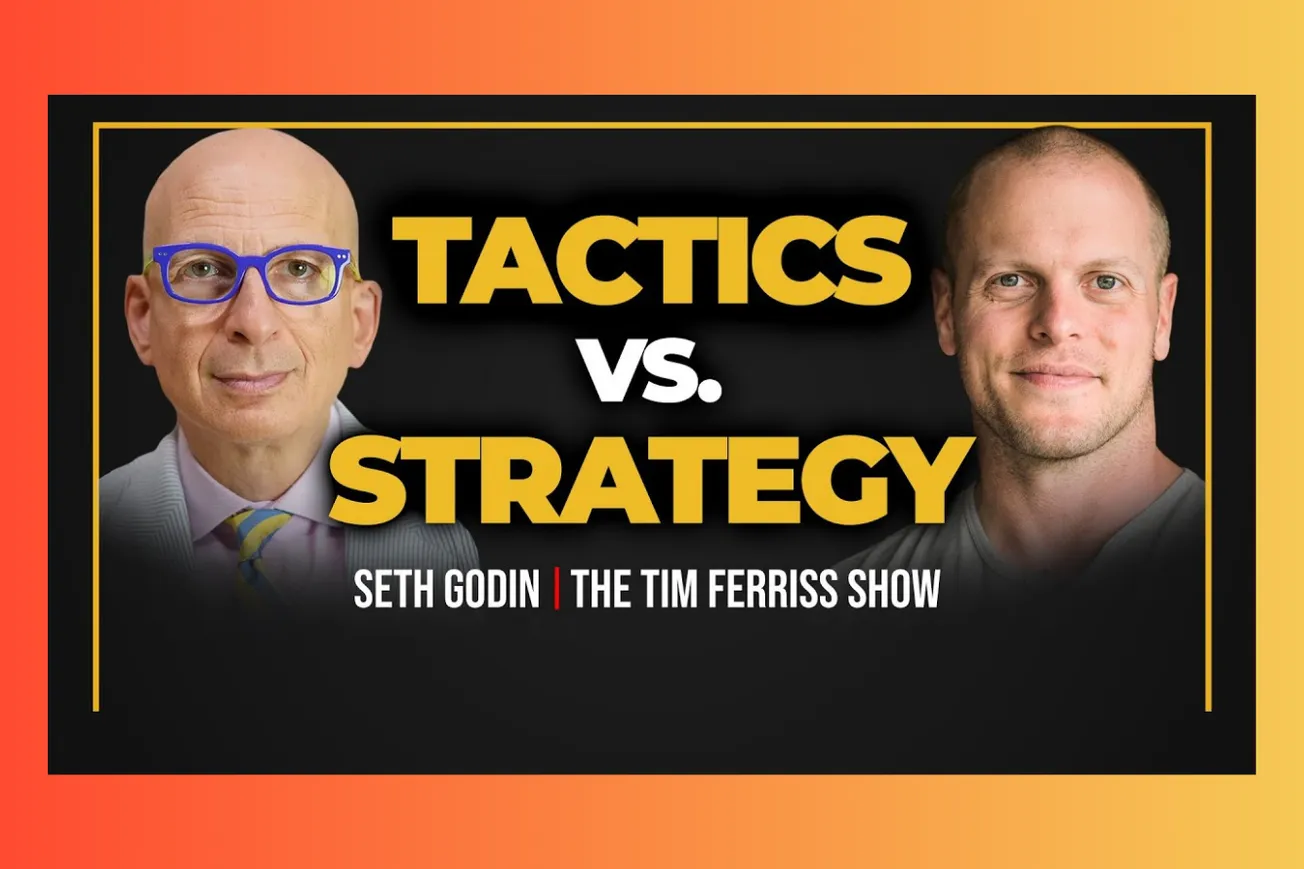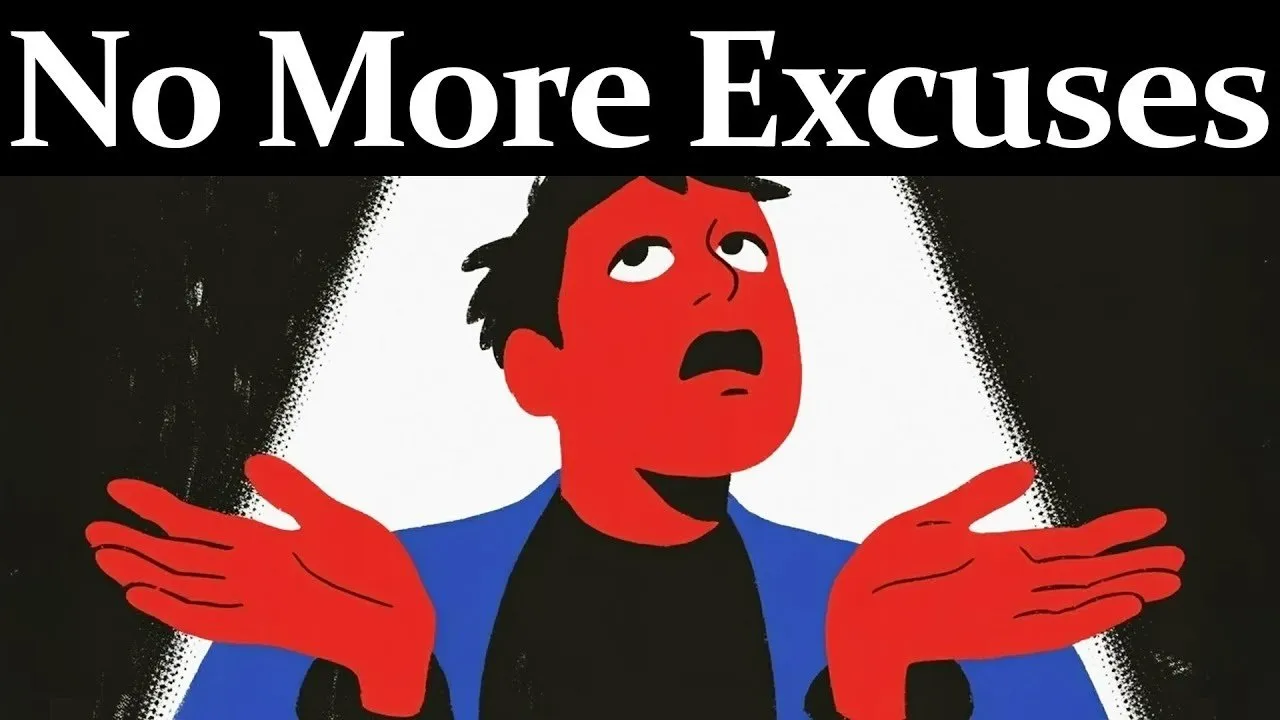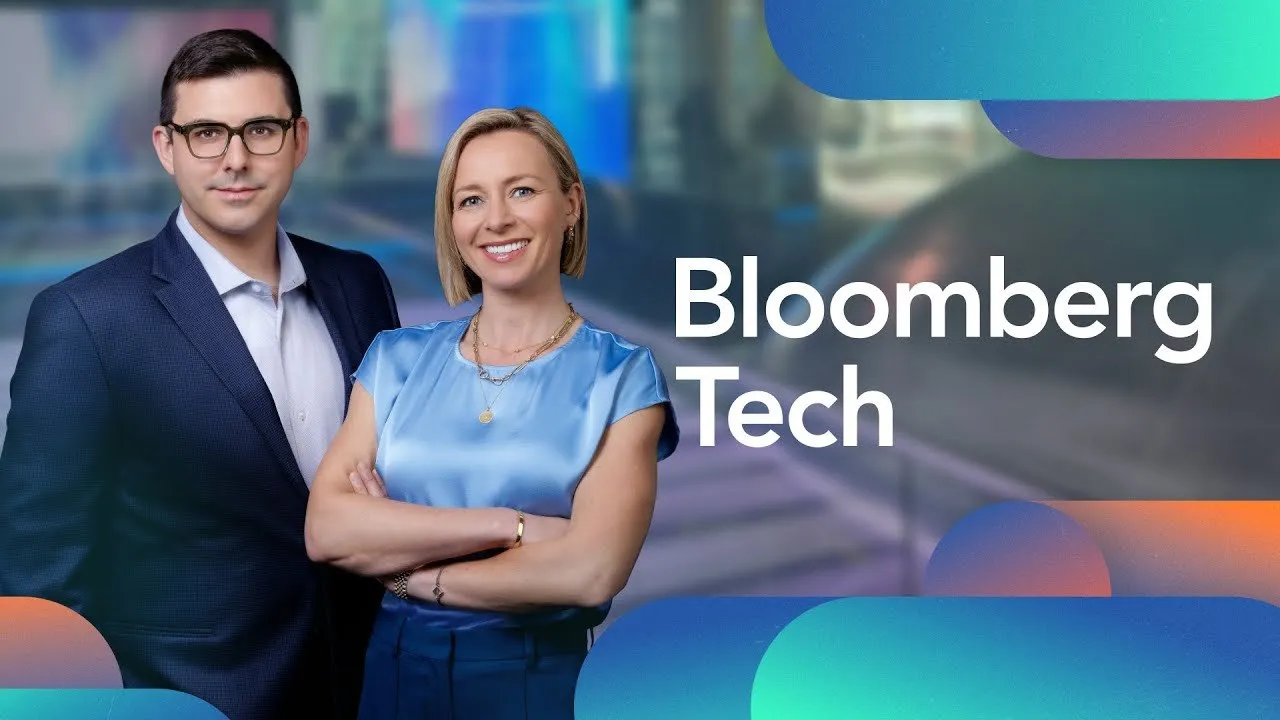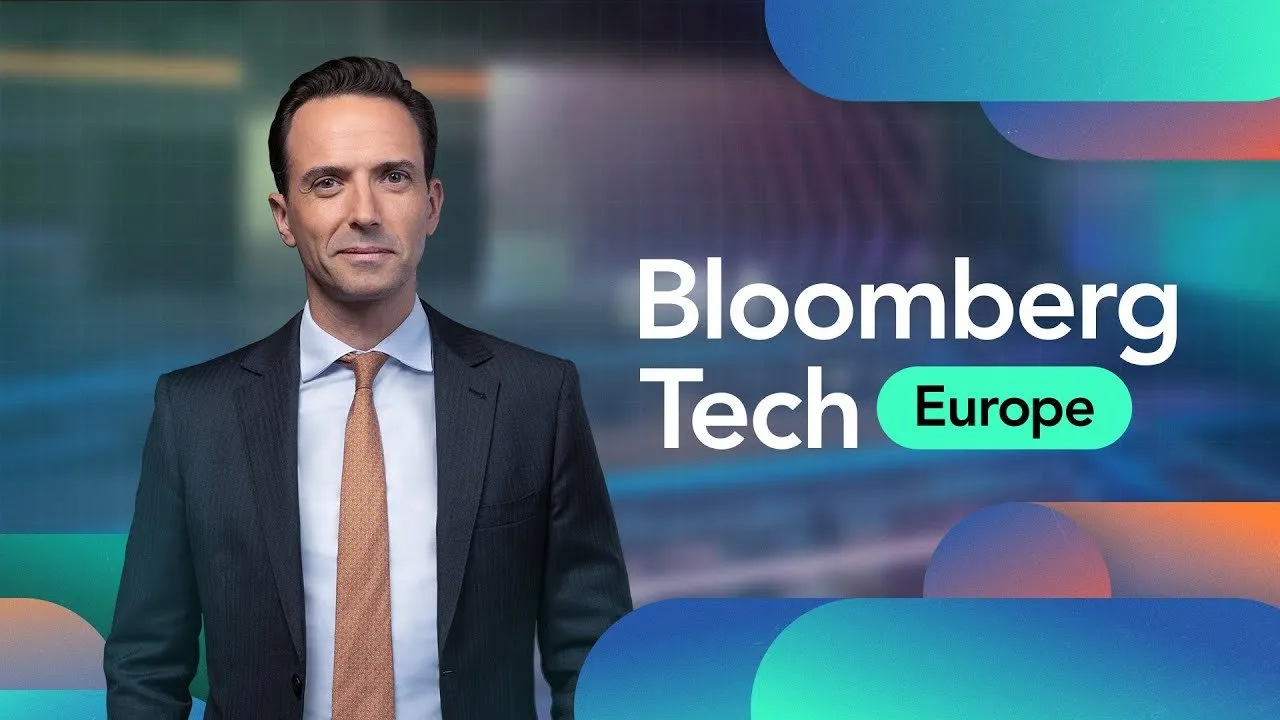Table of Contents
Most entrepreneurs chase tactics while their competitors build unshakeable strategic foundations that compound over decades.
Key Takeaways
- Strategy is a philosophy of becoming, not a collection of tactics or short-term wins
- The four essential elements of strategy are systems, time, games, and empathy working in concert
- Successful businesses create conditions for network effects where customers become heroes by sharing
- Leadership beats management in an AI-driven world where human creativity trumps process execution
- Good decisions matter more than good outcomes when building for the long term
- Creating tension on purpose drives behavior change, while stress paralyzes and destroys value
- Your customers, competitors, and funding sources determine your future trajectory more than your ideas
- The smallest viable audience approach outperforms mass market tactics in building sustainable enterprises
Systems: The Invisible Forces That Shape Everything
Systems hide themselves because they don't want people to see who's operating things. They invent culture to defend themselves, creating what feels normal until you examine the underlying mechanics.
- The college admissions system exemplifies how invisible forces operate through tuition structures, tenure systems, student debt, football teams, cheerleaders, campus tours, car stickers, and standardized tests that collectively feel "normal" while serving the system's perpetuation rather than student success
- Wedding costs demonstrate pure system mechanics where the answer to "how much should a wedding cost" is exactly what your best friend spent plus a little more, creating the wedding industrial complex that generates over $100,000 average costs in major cities
- Small business strategy requires understanding client systems deeply, recognizing that the person buying Google Workspace setup for 100 employees faces different pressures than the CEO, wants stories to tell their boss about vendor selection, and needs protection from blame if systems fail
- Healthcare systems reward treatment over health because every participant gets paid for procedures, tests, and interventions rather than keeping people healthy, creating inexorable pressure toward more medical interventions regardless of health outcomes
- College education costs approach $300,000 because accreditation, ranking systems, tenure, parental status signaling, and placement offices all push costs in only one direction, with built-in resistance to anyone offering alternative credential paths
Systems under stress reveal their true nature. Climate change becomes visible when temperatures rise, but the climate system was always there. Similarly, business opportunities emerge when you can identify systems under stress and either work with them or build alternatives that attract people away from failing systems.
Time: Building Forests While Others Plant Individual Trees
Time creates the fundamental advantage that most competitors cannot match because they optimize for quarterly results while you build for decades.
- Sergey Brin explained Google's early strategy perfectly: "We think Google's going to get better every day so we don't want people to use Google for the first time right away, we want them to use it for the first time later so it's better by the time they get there, so we're not doing any promotion whatsoever"
- Jeff Bezos trained Wall Street to expect no profitability for over a decade by establishing conditions in his first shareholder letter, repeatedly explaining that short-term losses were necessary investments for long-term market dominance rather than quarterly optimization
- The Kickstarter approach demonstrates stepwise time strategy where entrepreneurs say "I don't have enough money to build the factory, get into Best Buy, and do national advertising, but I do have enough money to get 1,000 people to pay me $200 for a coffee maker, then I can do the next one"
- Shortcuts are illusory because the most direct way forward feels long in the moment, requiring you to serve groups so desperate for your solution that they pay for it and become so delighted they tell friends, creating organic growth cycles
- Network effects compound over time when each interaction makes the platform more valuable, but only if you can identify and feed insatiable desires rather than trying to steal market share from established competitors
Building for time means accepting that meaningful results require years or decades, but once established, they become nearly impossible for competitors to replicate because they lack the accumulated advantages of your head start.
Games: Understanding Rules to Make Better Moves
Any situation with multiple people, variable outputs, and scarcity creates a game with rules you must understand before making moves.
- Innovation requires accepting "this might not work" as a constant companion, because if success is guaranteed, you're not innovating but merely executing established processes within known parameters
- The traffic metaphor reveals personal agency: "You're not sitting in traffic, you are traffic," meaning your participation in any system either makes it more successful or changes it, but you cannot remain neutral
- Google changed advertising systems not through frontal assault on established ad agencies, but by walking away completely and building a tiny engine for direct marketers where someone could buy "Chanel" for a nickel, triggering Chanel's brand managers to pay ten cents to reclaim their name
- Moving the game location often beats trying to win the existing game, as Alana Glazer demonstrated by making YouTube videos instead of going through Hollywood's front door, ultimately landing Comedy Central shows and movie roles through audience-first approaches
- Decision quality matters more than outcome quality because you can only control your choices, not whether you draw an ace from the deck, and celebrating good decisions with bad outcomes builds better long-term judgment
The key insight about games is that you can often choose which game to play rather than accepting the one you inherited, and the best strategic moves involve finding games where the deck is stacked in your favor.
Empathy: Building for Those Who Actually Want What You're Making
Empathy in strategy means understanding precisely who wants your solution more than they want their money or time, then serving them completely while forgiving everyone else.
- Everything only works through voluntary exchange where someone wants your product more than keeping their resources, which means customer desire drives everything, not your effort or good intentions in creating the solution
- The smallest viable audience principle requires identifying the specific group who will say "that's exactly what I was looking for" when they hear about your offering, then delighting them completely rather than trying to appeal to everyone
- Positioning as service means happily sending potential customers to competitors when you're not the right fit, as Ferrari dealerships do when someone with six kids asks about transportation solutions, directing them to Volvo instead
- Status and affiliation drive most purchasing decisions beyond basic survival needs, with status determining "who's up and who's down" while affiliation answers "who are you hanging with" and "where do you fit in"
- Magic: The Gathering succeeded by offering lonely kids both affiliation opportunities through shared dragon and orc conversations, plus status through collectible card value, creating interlocking social and competitive systems
The empathy framework prevents the common entrepreneurial mistake of assuming everyone should want your product, instead focusing entirely on the people who genuinely need your specific solution.
Network Effects: When Sharing Creates Value for Everyone
True network effects occur when telling friends about your product makes the experience better for the user, not just the company.
- Pure network effects like email or fax machines require others to participate for the system to work, creating natural incentives for users to recruit their contacts because the product becomes more valuable with each new user
- Crispy Cream engineered network effects by pricing dozens cheaper than individual donuts and creating scarcity, so bringing Crispy Creams to work made you a hero while spreading the brand organically through social sharing
- The Big Lebowski demonstrates cultural network effects where you cannot discuss the movie without others having seen it, creating pressure for fans to recruit new viewers to enable ongoing conversations about shared references
- Status and affiliation motivations drive most network effects because people want to signal membership in the right groups or demonstrate they're winning compared to others, making sharing an identity statement
- Creating productive tension accelerates network effects by establishing scarcity or time pressure that motivates immediate action, as Taylor Swift concerts demonstrate with limited seating announcements that trigger urgent purchasing behavior
Network effects differentiate between companies that grow through paid acquisition versus those that grow because customers cannot get full value without bringing others into the system.
Leadership Versus Management in an AI World
Management optimizes known processes while leadership creates conditions for people to find solutions to undefined problems.
- Management emerged from Henry Ford's Model T plant where workers danced like marionettes because every motion was timed and controlled, creating the term "being jerked around" and treating humans as resources to be optimized
- Google's early crisis required leadership when the internet grew too large for their computers to index quickly, threatening the company's survival, and two engineers worked overtime to hack Dell hard drive controllers, placing frequently accessed data near the outside of spinning discs for faster retrieval
- Leadership means getting the right people in the room with the right resources and problems to solve, then providing status and affiliation rewards for solving them rather than micromanaging every action or decision
- The luxury hotel approach gives frontline workers $250 per customer to spend resolving problems without management approval, allowing tactical flexibility within strategic constraints while maintaining service excellence standards
- "Here's 250 bucks per customer, you can spend it any way you want if a customer is unhappy, give them free dinner, give them whatever you want, 250 bucks, we're never going to question you doing it" creates tactical freedom within strategic boundaries
AI will eliminate most jobs where specific actions can be written down and managed, making leadership skills increasingly valuable for navigating uncertain situations.
Decision Making and Probability: Understanding How Decks Are Stacked
Every probabilistic situation has a "stacked deck" with known odds that smart strategists understand before making bets.
- College admissions to famous Boston schools gives fully qualified candidates one-in-fifteen chances regardless of meeting published requirements, because randomness kicks in after qualification screening, but football scholarships at small colleges stack the deck completely differently
- Pete Carroll's Super Bowl pass play demonstrates good decisions versus good outcomes, where calling a pass was statistically correct based on historical analysis, but the incomplete result made everyone call it a terrible decision instead of recognizing bad luck
- Lottery tickets represent bad decisions even when they win because the deck is permanently stacked against players, while good stock picks that lose money might still represent sound analysis with unlucky timing
- False proxies like typing speed for programming ability or varsity crew experience for job performance create measurement problems that obscure actual predictive factors for success in specific roles
- "Show your cards, make your argument, make your assertion, then your peers can talk to you about whether that's a good decision or not, if it's a good decision you get rewarded regardless of the outcome because the outcome is out of your control"
Understanding probability means focusing on decision quality rather than outcome quality, because outcomes depend on factors beyond your control while decision quality reflects your judgment and analysis.
The conversation between Seth Godin and Tim Ferriss reveals how strategic thinking operates at a completely different level than tactical execution. Success comes from understanding invisible systems, extending time horizons, choosing games carefully, serving specific audiences deeply, building network effects, leading rather than managing, and making good decisions regardless of short-term outcomes.





